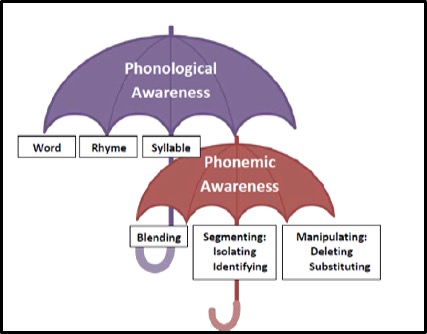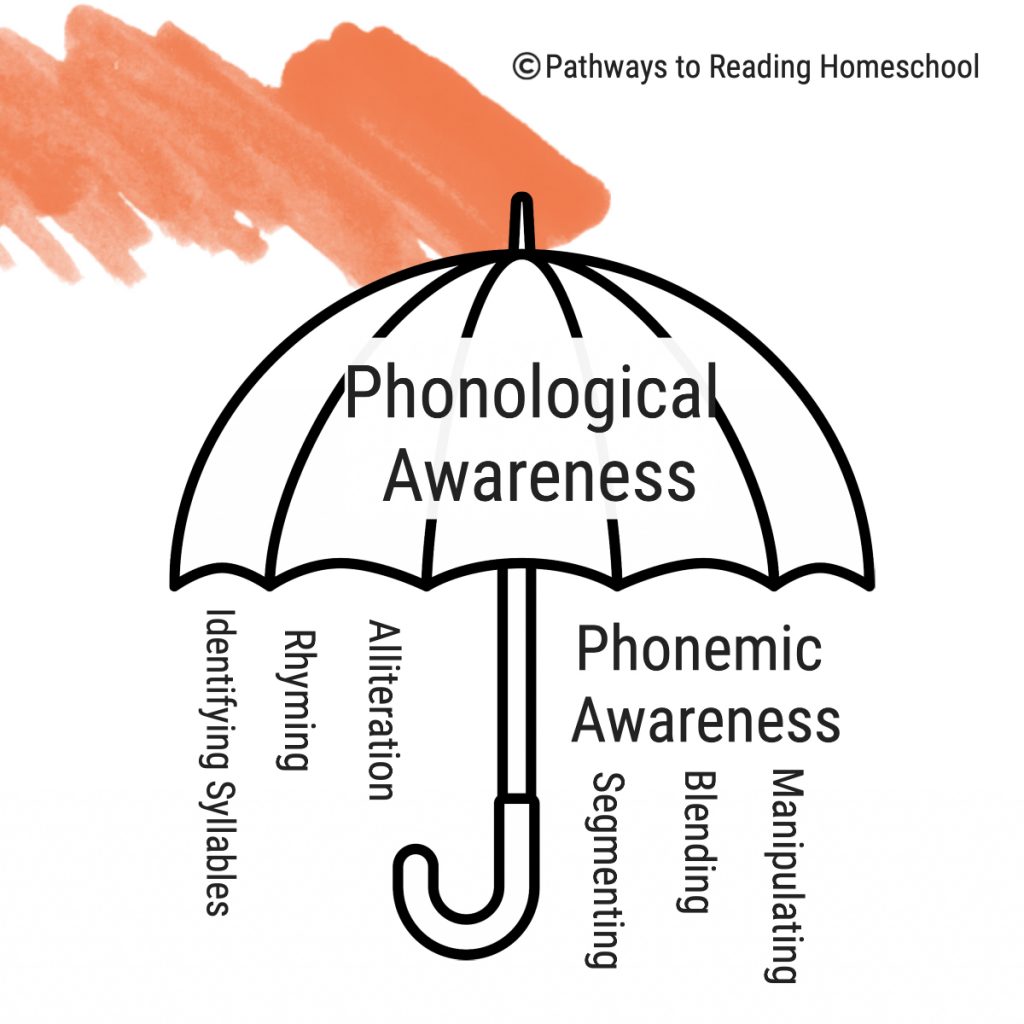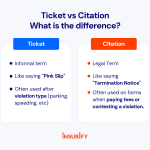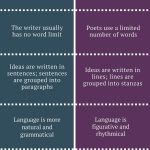Learning to read is very important. It helps us understand the world. It opens up new opportunities. But learning to read can be tricky. Especially if English is not your first language.
Two important skills help us read better. These are phonological awareness and phonemic awareness. They sound similar. But they are not the same.
Understanding Phonological Awareness
Phonological awareness is the ability to hear sounds in words. It helps us recognize and work with sounds. These sounds are in our spoken language.
Phonological awareness covers many skills. It starts with recognizing words in a sentence. Next, it moves to recognize syllables in a word.
Think of the word “banana.” It has three syllables: ba-na-na. Phonological awareness helps us hear these parts.
Phonological awareness also includes recognizing rhymes. Rhyming words have the same ending sounds. For example, cat and hat rhyme.
Here is a simple table to explain phonological awareness:
| Skill | Example |
|---|---|
| Words in a sentence | How many words are in “The cat is big”? |
| Syllables in a word | How many syllables are in “banana”? |
| Rhyming words | Do “cat” and “hat” rhyme? |


Understanding Phonemic Awareness
Phonemic awareness is a part of phonological awareness. It focuses on the smallest sounds in words. These are called phonemes.
Phonemes are the basic building blocks of words. In English, there are about 44 phonemes.
Phonemic awareness helps us notice and work with these sounds. For example, the word “cat” has three phonemes: /c/, /a/, and /t/.
Phonemic awareness helps us do many things. We can blend sounds to make words. We can also break words into individual sounds.
Here is a simple table to explain phonemic awareness:
| Skill | Example |
|---|---|
| Blending sounds | Blend /c/, /a/, /t/ to say “cat” |
| Segmenting sounds | Break “dog” into /d/, /o/, /g/ |
Key Differences
Phonological awareness is a big umbrella. It includes many skills like rhyming and syllables. Phonemic awareness is a part of this umbrella.
Phonemic awareness is more specific. It focuses on individual sounds, or phonemes. Phonological awareness is broader. It covers sounds in sentences and words.
Phonological awareness is the first step. It helps us hear and play with sounds. Phonemic awareness is the next step. It helps us understand each sound in a word.
Why Are These Skills Important?
Both skills are important for learning to read. They help us decode words. This means we can read new words by sounding them out.
Children with strong phonological skills find reading easier. They understand sounds and can play with them. This makes them good readers.
Phonemic awareness is especially important. It helps us understand how sounds form words. Good phonemic skills lead to good reading and spelling.
How Can We Improve These Skills?
There are many fun ways to improve these skills. Playing games with sounds is one way.
Try clapping out the syllables in words. This helps with phonological awareness.
Practice rhyming with your child. Read books with rhymes. This makes learning fun.
For phonemic awareness, try breaking words into sounds. Say the word “dog” and break it into /d/, /o/, /g/.
Ask your child to blend sounds to make words. Say /c/, /a/, /t/ and ask them to say “cat”.
Reading and playing with words every day helps. It builds strong phonological and phonemic skills.
Frequently Asked Questions
What Is Phonological Awareness?
Phonological awareness is recognizing and manipulating sounds in spoken language. It’s crucial for reading and spelling.
How Does Phonemic Awareness Differ?
Phonemic awareness is part of phonological awareness. It focuses on individual sounds, or phonemes, in words.
Why Is Phonological Awareness Important?
It helps children learn to read. It improves their ability to decode words and understand language structure.
Can Phonemic Awareness Be Taught?
Yes, it can be taught through games and activities. This includes rhyming and segmenting sounds in words.
Conclusion
Understanding phonological and phonemic awareness is important. These skills are the building blocks of reading. They help children become strong, confident readers.
Remember, phonological awareness is broad. It includes many sound skills. Phonemic awareness is more focused. It deals with individual sounds.
Both are essential for reading success. Practice these skills every day. Make learning fun and engaging. Your child will thank you with a big smile!










